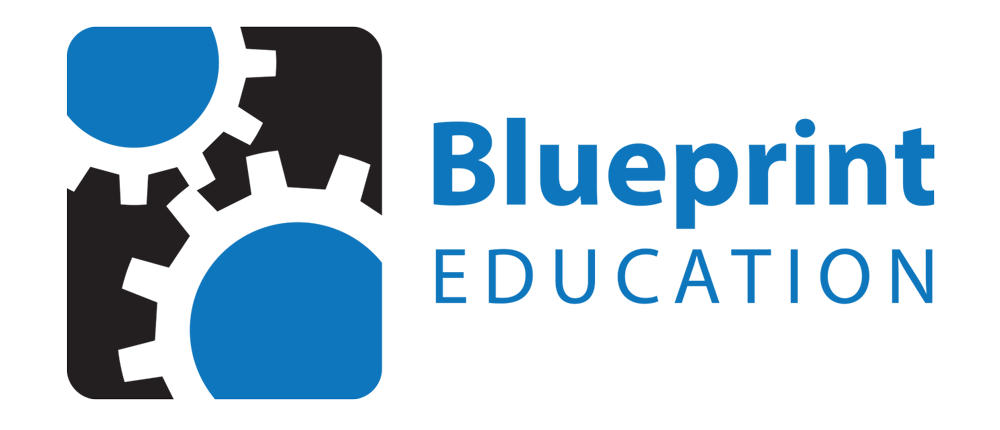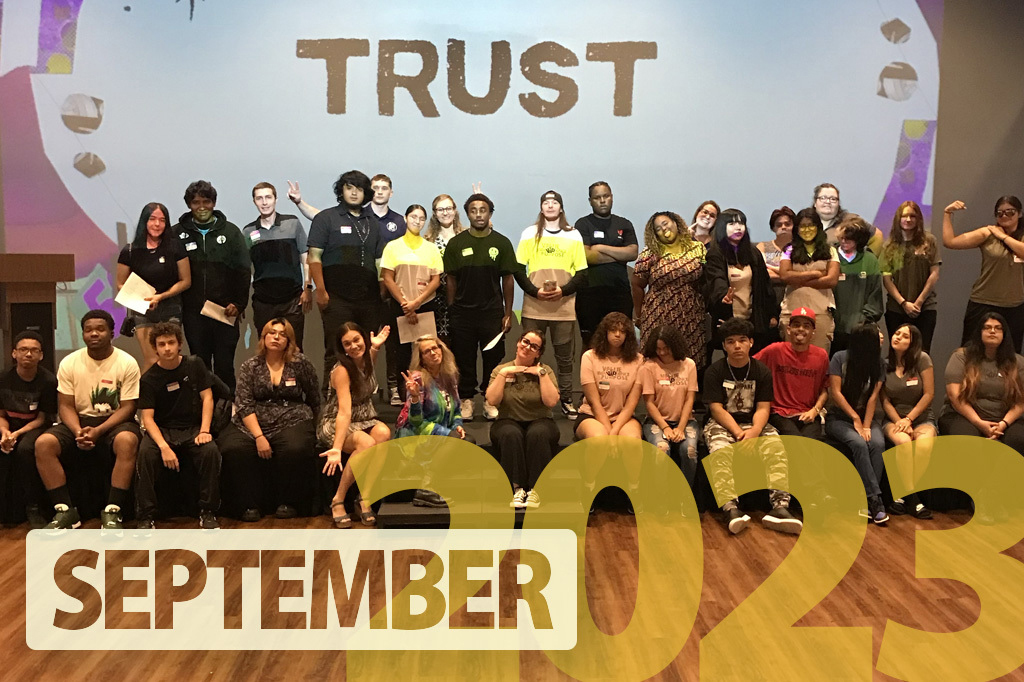Why Trust?
For our students, Trust is the FOUNDATION…Trust allows you to fail… and failure is the only way to grow! You need Trust for authentic communication and relationships.
In the realm of Agile in Education, Blueprint defines the trust compass point as the foundation to an Agile environment, gradually shifting control of the learning process from the educator to the student. Meeting the student’s developmental needs by encouraging them to celebrate failures, reflect on their learning experiences, and inspire them to develop healthy relationships so that they can increase their emotional capacity in collaboration, decision making, and problem solving (BPE Eduvators, 2023).
Last month, the Blueprint Education Eduvators and the VIP team developed and implemented our first Agile in Education Compass Training starting with the compass point of trust. The experience for students and participants was overwhelmingly positive and moving, setting the stage for additional Agile in Education Compass student trainings throughout the year.
Here are several responses to the training shared by students:
My experience at the Trust Training:
I loved my experience on this trip. It allowed me to feel vulnerable. It also allowed me to see and learn more about other HHS students in a different way while also letting me see myself in a different light. The experience taught me a lot about myself. Anahi V.
I went on the Trust field trip and it was a really meaningful experience. I learned to put more trust in myself and that it’s important to tell your story because it’s what shows who you really are. I also learned to fight my fears, because that will make me stronger as a person, I get to know about others and their experiences and learned that even if I think I’m alone, I’m really not, because there are others who have gone through the same things or similar experiences, which is so important to know. The people were all really kind and supportive and I’m grateful I got to go. Deanna Z.
I really liked the whole event. It was a learning experience that I was really glad to be a part of. The staff created a really comfortable environment. One thing I struggle with is public speaking and I ended up speaking numerous times. Overall it was a great experience and I would love to be part of another [Agile Compass] event again. Nayeli L.
Something I learned [during] the Trust field trip was to not always hid my pain and feelings from others. Something else was learning that everyone goes through things even if they try to act cool. It was an experience meeting other people like me and learning how to deal with problems and pain, though it was hard to talk and admit to all of it. Angel S.
Why Agile… in Education?
The Agile framework originated from the world of software development, and a need arose to collaborate on product development in a smarter way. Agile teams work effectively as a unit and can better react to the inevitable changes in innovation and education. The Agile philosophy encompasses a group of methodologies that guide goal development, continuous improvement, and collaboration.
When applied to education, the Agile framework and methodologies look like Best Practices in a system of student engagement, teamwork, exploration, relevance, objective mastery, increasing depth-of-knowledge, 21st Century skills in action, self-efficacy, and intrinsic motivation. Agile learners iteratively develop and grow trust, collaboration, culture, and reflective practice for lifelong learning and success.
Join us on the journey at blueprinteducation.org/agile.
Author: Marina O’Connell, MAEd, CSM, CSPO, CAL K-12

